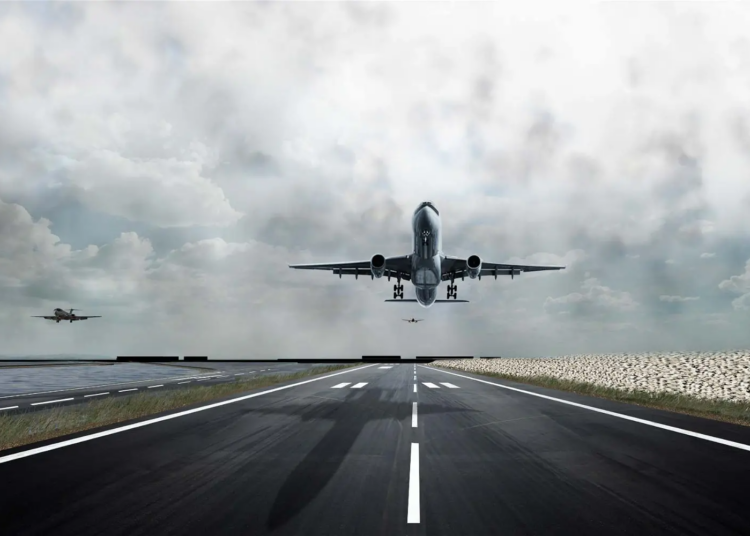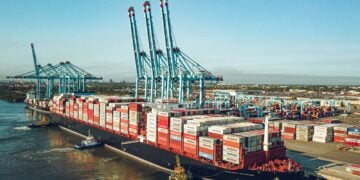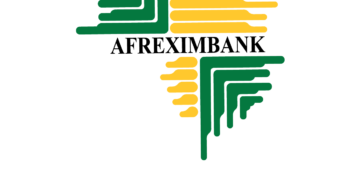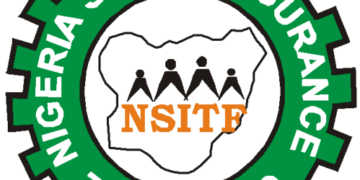Air passengers going to the South Eastern part of the country will pay over N500, 000 on return tickets to their various destinations during the yuletide – Christmas and new year period, LEADERSHIP can report.
LEADERSHIP gathered that while other routes such as Lagos -Abuja, Lagos Port Harcourt and Lagos-Uyo still maintained their pre-yuletide fare, the South Eastern routes are currently exorbitantly high.
As monitored by our Correspondent, return tickets from Lagos to Anambra on Air Peace, goes for N533,600, while Lagos- Enugu and Owerri return tickets go for N343,200 and N533,600 respectively.
On United Nigeria Airlines, Abuja-Anambra; Lagos- Anambra; Lagos Enugu and Lagos Owerri go for N441,000; N520,500 and N441,000 respectively.
Dana Air only ply Owerri in the South-East and the return ticket during the period under review goes for N400,000.
However, it was further gathered that despite the astronomical increase in the flight tickets, the airlines have sold out their seats for the yuletide season.
Also, stakeholders have attributed to inflation, foreign exchange, airlines trapped fund and hike in jet A1 as reasons for the astronomical increase in the price
Peak periods for airlines are during the yuletide period and due to insecurity in the region, visitors prefer to pay the astronomical air fare to land travelling.
Speaking to LEADERSHIP, the secretary general, Aviation Round Table Initiative (ARTI), Olumide Ohunayo, said with the current exchange rate, the current fare is not unexpected.
Ohunayo stated that demand and time of ticket purchase are always a factor in determining ticket price globally, saying Nigeria’s domestic market cannot be exempted.
He, however, stated that currently the fare is justified but by January, it will return to its normal rate.
“The airfare is justified because we are in the festive season and any passengers who didn’t buy a ticket three months ago will pay the N350,000 one way fare. The same aircraft, some passengers will pay N80,000, N100,000 because they have planned their travel ahead. If you are travelling anywhere in the world at this period, the ticket goes up astronomically.
“Aviation products are always in dollars and Nigerian airlines earn in Naira, however, with the current exchange rate, the airfare we are seeing now is not unexpected. What we can encourage is to see if we can have more airlines or the fewer airlines available can get wet lease aircraft to augment high demands during this season.”
Ohunayo urged airlines to get more wet leased aircraft for the busy routes even as he attributed the fare hike to trapped funds, aviation fuel and others.
“Also, this is the time airlines get wet lease aircraft for the South Eastern and Southern routes. Demand and time of purchase are always a factor in determining ticket price and the domestic market cannot be exempted and by January, it will come down. It’s just their season. In aviation sector, anyone who plan ahead, will pay less while those who do not, will pay more,” Ohunayo stated
“And with the exchange rate, cost of aviation fuel and trapped funds, I am not surprised at the fares.”
Speaking about the air fare, former commandant of the Murtala Mohammed International Airport, Lagos, Group Captain John Ojikutu (rtd), noted that the cost of aviation services is globally rated against the Dollar and it reflects the nation’s economic reality.
Capt. Ojikutu advised the federal government to enforce the compulsory deposit of the forex charges from all the operators into a domiciliary account in the Central Bank of Nigeria (CBN) and the naira equivalent given to the depositors.
“The dollar rate against the naira is about thrice what it was about 12 months ago so also is the cost of aviation fuel four times what it was six months ago so should you expect the air fares not to be less than thrice what it was six months ago?” he asked rhetorically. He stated further, “Note that costing of aviation services is globally rated against the Dollar and should justifiably reflect the Economic reality.”
Speaking further, he said, “first government should grade, categorise or classify our airports into five and so gradually rate their services charges with CAT A (above 5m passengers traffic and international) 100 per cent charge; CAT B, less than 5m but not lower than 2m, 75 per cent charge; CAT C, less than 2m but not less than 500,000, 50 per cent charge; CAT D, less than 500,000 but not less 100,000, 25 per cent charge and CAT E, less than 100,000 annually, zero per cent of all Aeronautical services charges.
“Secondly, enforce the compulsory deposit of the forex charges from all the operators into a domiciliary account in the CBN and the naira equivalent given to the depositors. This deposit is where all forex transactions of all the operators would be done including the returns of the foreign airlines to their home countries,” Capt. Ojikutu, Chief executive officer of Centurion Security and Safety Consult.





